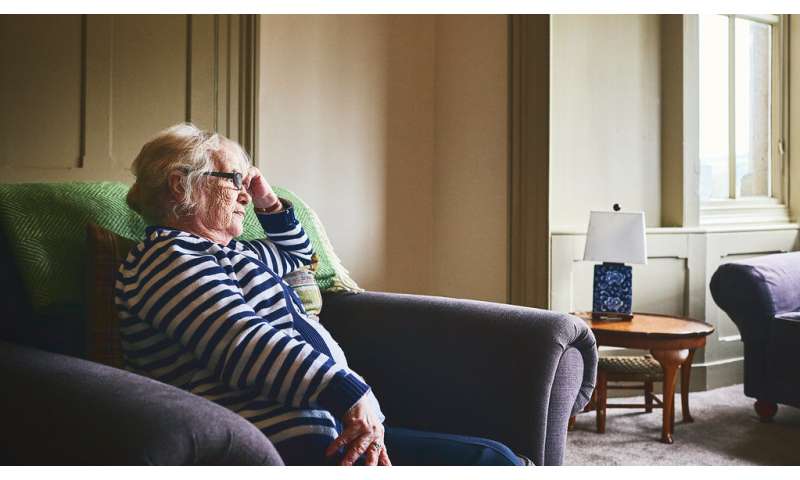
Increasing numbers of older family carers, some in their 80s and 90s, are providing care to support adult children with severe learning disabilities or autism, according to a significant new report published today (Wednesday 20 November 2019).
The report, “Confronting a looming crisis,” from Professor Rachel Forrester-Jones at the University of Bath for New Forest Mencap—highlights severe strains placed on families as a result of our aging population. It suggests much greater support is needed to help them cope.
According to the National Institute for Health and Care Excellence (NICE), two-thirds of adults with learning disabilities and / or autism live with their families—mainly with parents. Yet, whereas in the late 1940s, life expectancy for people with conditions such as Down’s syndrome was just 12 years old, today, thanks to medical advances, it has increased to 66 (+ 450 percent).
Whilst this is to be celebrated, and means that people with learning disabilities can enter the retirement phase of the life cycle, it has also created a situation in which many adult carers, some in their 80s and 90s, are now caring for adult children, themselves in their 50s and 60s.
Drawing on a small-scale study carried out in the New Forest during 2018-19, the report illustrates the experiences of 21 older carers facing this situation. The findings suggest that in the face of almost nine years of austerity cuts to services, including day centers, older carers, who are themselves becoming older and frailer, are having to take on more responsibility for finding, financing, and managing appropriate support for their loved ones. Most starkly, it highlights a collective fear faced by older parents centered on what happens to their disabled adult children if parents are to die first.
Among its recommendations for policy and practice, the report calls for greater and more varied age-appropriate specialist housing for older people with learning disabilities; more support for carers to have a break from caring; as well as an integrated system shared between local authorities, health services and designated charities to better meet individuals’ care needs.
Professor Forrester-Jones, lead author of the report and Director of the Centre for the Analysis of Social Policy at the University of Bath’s Department of Social & Policy Sciences explained: “The issue of older family carers providing care to their adult children with conditions such as Down’s syndrome has gone unnoticed and under the radar for too long. With an aging population, this issue will reach breaking point if it isn’t tackled.
“I spoke to family carers, including parents, who reported how they have been caring for their now older, adult children throughout their life. Some are dealing with their older children slowing down, either because they have reached a plateau of skill acquisition, or because they are declining in health and skills, or because they are locked into their older parents’ slower pace of life. Others are dealing with increasing and various forms of challenging behavior, while experiencing frailty and ill health themselves.
“Yet, they don’t feel they are partners with professionals in terms of care. Rather, they are still fighting with the authorities to gain benefits and formal care, and, in the face of depleted and disappearing daily activities and services, due to austerity cuts, they end up organizing everything themselves.
“We need to find a way to comprehensively register the number of older people with learning disabilities and or autism, as well as their older carers to find out who needs support. This must include greater cooperation between GPs and Adult Services, but also a plan of action which is proactive in providing information and support to assist older carers. A key first step is to include older parent carers in all levels of planning.”
Liz Rolfs, of New Forest Mencap who commissioned the study, added: “There are too many instances of elderly parents appealing for help. It is usually, but not always, an elderly mother who says that they have cared for their own mother, they have cared for their husband and they are still having to care for their adult son or daughter. They are tired. Respite care that is suitable is hard to get, so it is difficult to take a break. They would like the right to retire and want to be able to go to their grave knowing that their child is healthy, happy, active and secure. The insult is that once a parent is in receipt of a state pension, they lose the Carer’s Allowance.
Source: Read Full Article
